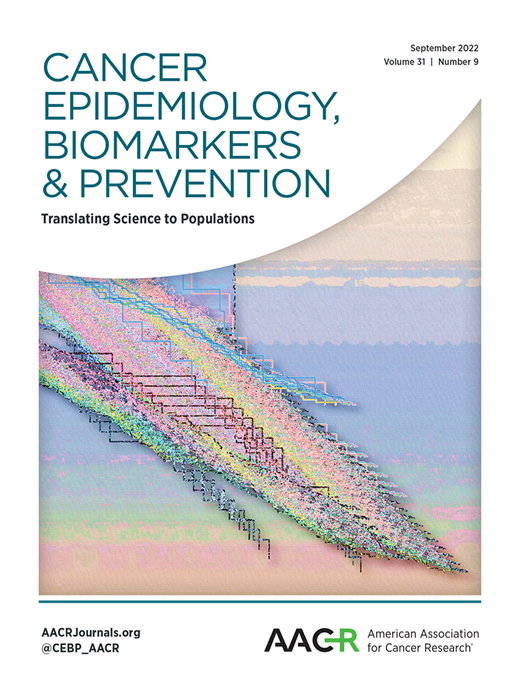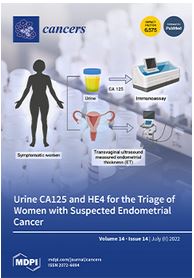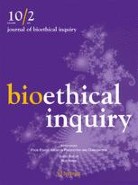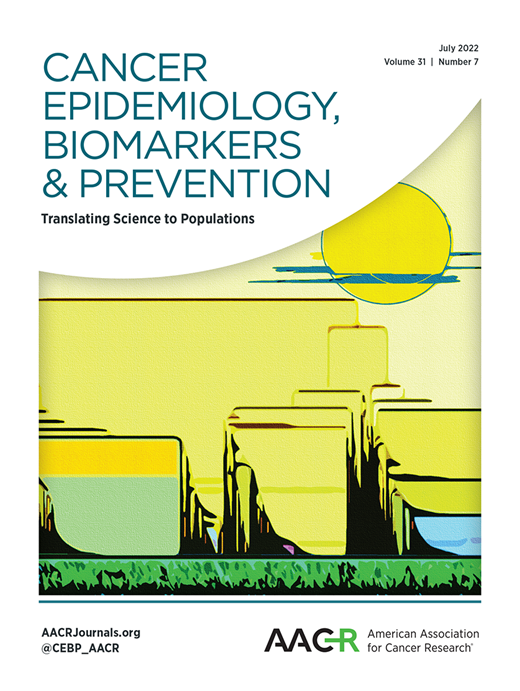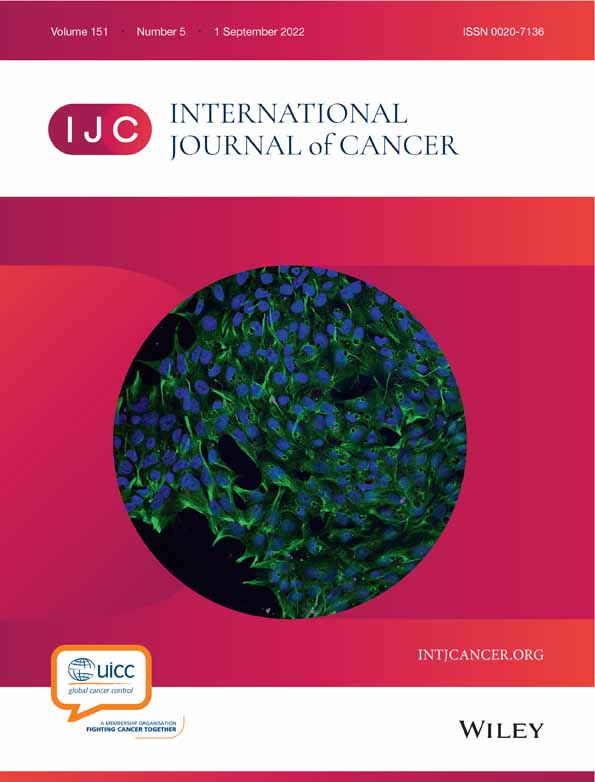Sweetened beverages are associated with a higher risk of differentiated thyroid cancer in the EPIC cohort: a dietary pattern approach
Background Dietary pattern analysis has gained particular interest, because it reflects the complexity of dietary intake. The aim of this study was to explore the associations between a posteriori dietary patterns, derived using a data-driven approach, and the risk of differentiated thyroid cancer (TC) in Europe. Methods This investigation included 450,064 adults from the European…





